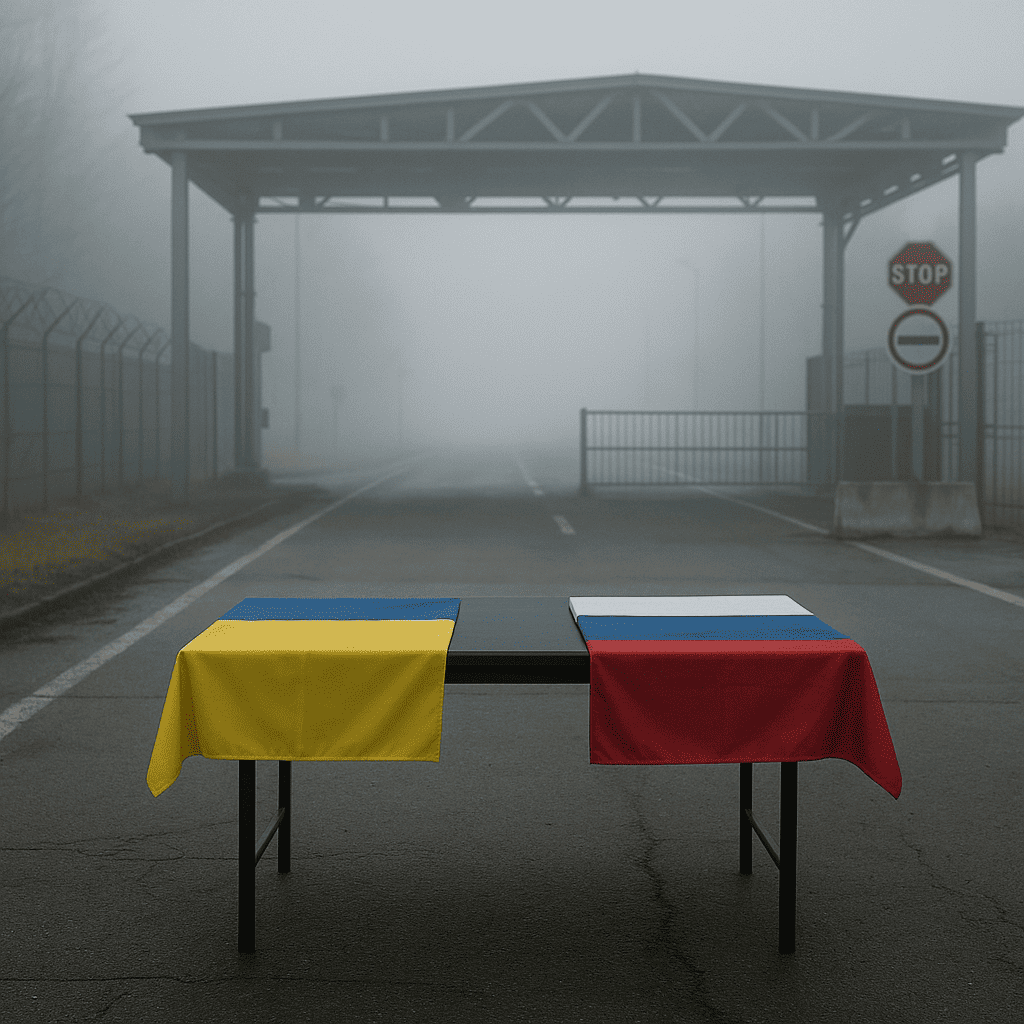Table of Contents
Ukraine refuses to take back dead soldiers
A Grim Stalemate in the War of Attrition
In a deeply troubling turn in the ongoing war, Russia has accused Ukraine of refusing to reclaim the bodies of more than 6,000 fallen soldiers and declining a planned prisoner exchange near the Russian border.
The Kremlin claims Ukraine pulled out of a long-negotiated agreement that would have returned thousands of war dead and swapped hundreds of captured soldiers. But Ukraine disputes both the timing and the sincerity of Moscow’s intentions—accusing Russia of turning grief into a geopolitical tool.
Russia: “Ukraine Walked Away at the Last Minute”
Kremlin aide Vladimir Medinsky stated that Russia had prepared the remains of 6,000 Ukrainian troops, with many bodies already at the border in refrigerated trucks. Russia also said it had submitted an approved list of 640 Ukrainian prisoners of war to be exchanged.
“Everything was ready: logistics, coordinates, the trucks and personnel. But at the last moment, Ukraine simply failed to show,” Medinsky told state news outlets.
Russian broadcasters quickly used the stalled operation to criticise Kyiv, accusing Ukrainian leaders of turning their backs on grieving families.
Ukraine: “Russia Politicised the Process”
Ukraine’s Coordination Headquarters responded swiftly, denying that any confirmed date had been agreed. They insisted the discussions were ongoing, and that Russia had unilaterally moved forward with the operation for propaganda purposes.
Kyiv also accused Russia of modifying the agreed framework negotiated at peace talks in Istanbul and of failing to allow international monitors to oversee the exchange.
Ukraine refuses to take back dead soldiers – Why Might Ukraine Refuse Its Own Dead?
Though difficult to comprehend at first glance, several reasons underpin Ukraine’s reluctance:
1. Weaponised Remains
Ukraine has reported previous instances where recovered bodies were rigged with explosives or used for surveillance purposes. Each exchange poses a potential risk to national security and front-line soldiers.
2. National Morale
Receiving thousands of corpses en masse would have a chilling effect on civilian morale and frontline resilience. Kyiv may prefer to stagger repatriations to manage public sentiment.
3. Political Timing
Repatriation of war dead and POWs is often used as leverage in international negotiations. Ukraine may be holding back to gain a stronger position in behind-the-scenes talks.
4. Identification Concerns
Without third-party DNA verification and observer access, there is a risk of families receiving the wrong remains—or none at all. Ukraine insists that exchanges must include forensic accuracy and international transparency.
Fresh Violence Undermines Talks
The deadlock coincides with a major escalation in Kharkiv, where Russia launched its heaviest missile and drone barrage since 2022. At least four civilians were killed and over 60 injured, further eroding diplomatic trust.
Newsfangled Explains: Are Prisoner and Body Swaps Common?
Yes—but rarely without complication. Since the start of the war, both sides have conducted dozens of small-scale exchanges, but most have been marred by delays, disputed figures, or lack of neutral mediation. International organisations like the Red Cross have been largely excluded from the most recent efforts.
What Happens Now?
At the border, rows of refrigerated trucks sit idle, carrying the remains of soldiers who may never return home. Families wait for news that doesn’t come. And still, the war grinds on.
With no agreement in place, and both sides blaming each other for the impasse, even the dignity of the dead hangs in diplomatic limbo.
Have Your Say
Should Ukraine have accepted the return of its fallen soldiers despite the risks? Or is caution justified?
Newsfangled wants to hear your thoughts.


We want to hear your what you have to say